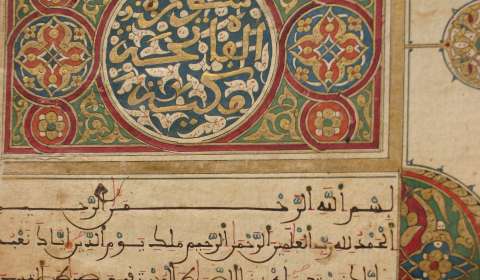
| |
| |
|
Search
|
Exhibitions
|
Textual Research
|
News
|
Featured South African Artist's Book
Online Resources | Booknesses Archive | Samplings Archive | Sign up |
| ||||
|
A team of experts in Mali says damage to Timbuktu's unique cultural heritage under rebel control is much worse than was first estimated.
The Unesco team travelled to the city for the first time since systematic attacks by Islamist militants who occupied it until early this year.
They say Timbuktu is completely degraded and that more of its famous mausoleums than previously thought are damaged.
Many more manuscripts are also missing.
The mission of the Unesco team was the first step towards reconstruction of Timbuktu and the safeguarding of its heritage.
'Razed to the ground'
'From the information that we received during the occupation, we thought only nine mausoleums from the World Heritage List were damaged,' the head of the mission, Lazare Eloundou Assomo, told the BBC World Service.
'But actually, when we arrived on the site, we had 14 mausoleums damaged.
'What we also noted is that not only 2,000 to 3,000 manuscripts were lost. The estimation, today, is of 4,203 manuscripts that were completely lost,' he said.
Mr Assomo said the emblematic El Farouk monument at the entrance city had been razed to the ground.
He also said he had fears for thousands of manuscripts that had been successfully smuggled out of Timbuktu, away from Islamist rebel forces.
They have been taken from air-conditioned rooms in Timbuktu to the capital, Bamako.
'We are entering the rainy season,' he said, 'and there is a lot of humidity there. So we will need to intervene as soon as possible to put them in boxes that can resist the humidity.'
African symbol
From 28 May to 3 June, the team carried out extensive investigations in Timbuktu and consultations with the local community.
The results will be used to finalise an action plan which will include extensive reconstruction.
Mr Assomo stressed the importance of the plan, saying Timbuktu is 'a symbol of African history'.
'It is a place where many, many things happened since the 12th Century. A place of knowledge... a place that tells us a lot about how great the African people were and continue to be.'
'We need to save Timbuktu,' he said. |
Page 1
1 |
|
© Jack Ginsberg Centre for Book Arts (JGCBA). All rights reserved. |

